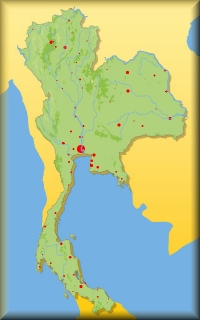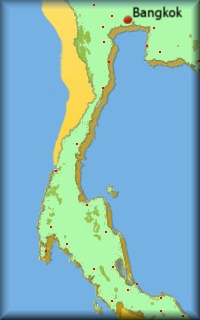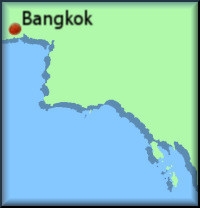 |
| Password | remember me in this computer |
You and I
|
New to t-Globe?
Register for free to get the full power of this web site!
Registered members will be able to: |
|||||||||||||||||||

Accommodation
Restaurants
Tourist Services
Public Services
Shops
Entertainment
Real Estate
Attractions
|
Travel Destinations Southern Thailand Popular Islands Andaman Coast The Gulf Coast Famous Beaches Eastern Thailand Central Thailand Western Thailand North Thailand -- Lanna Isarn South Amazing Thailand Amazing Travel Destinations Amazing Beaches Amazing Accommodation Routes for Soft Adventure Amazing Caves Special Dips in Waterfalls and Hotsprings Amazing Thailand under Water Unique Locations in Thailand Thailand -- The Land of smiling back The best Food on the Globe Amazing Thai Experience Amazing Fauna and Flora Traveling Thailand Travel Preparation Tourist Destinations Accommodation International Food Thailand today Religion in daily Life Social Responsibility Education Health System Holidays and Festivals Thailand at a Glance Facts about Thailand History of Thailand Buddhism in Thailand Arts of Thailand Natural Wonders of Thailand Thailand -- Hands on Thai Language Typical Thai Thai Food and Drinks Travel Routes Routes through the North From Bangkok to the South Round Trips from Khao Lak Roundtrips in the South Along the Mekong Our Website -- Our Team t-globe Thailand How to print your own unique Guide Book The t-Globe Online Shop Templates Members and Partners Thailand Special Working in Thailand Retiring in Thailand Starting a Business Real Estate in Tourism Legal Pages Legal Pages US |
© t-Globe Corporation (Hong Kong) 2007 - 2025
Powered by Freestyle Media - SEO, Web Promotion & Software Development
Powered by Freestyle Media - SEO, Web Promotion & Software Development




